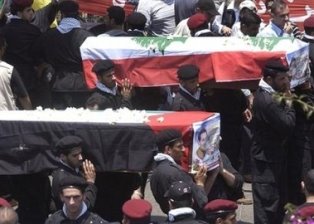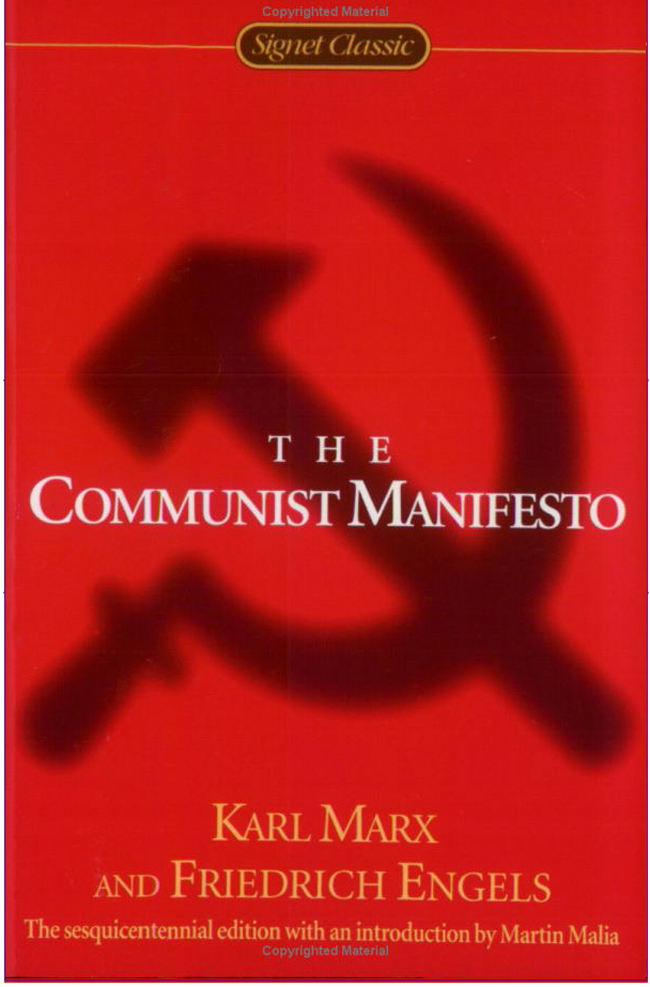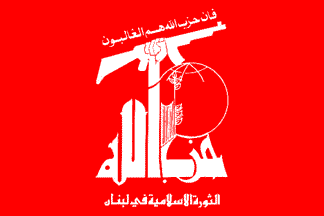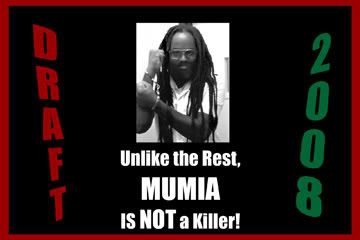Apartheid Israel's 'Car-Bomb War' Against the Lebanese People Continues

Apartheid Israel likes to assassinate Lebanese people with car bombs. This fettish, coupled with the Lebanese resistance's willingness to defend itself against Zionist aggression by force of arms, could soon trigger an escalation of violence around Lebanon's southern border and throughout the region.
Apartheid Israel's most recent car bomb attack, launched on Friday, killed, "a leader of the Palestinian guerrilla group Islamic Jihad and his brother were both killed by a car bomb" according to AP. The piece continues:
Eulogizing the Majzoub brothers before the procession of 5,000 mourners, Rifai vowed that the Lebanese resistance "will stick to the choice of resistance and struggle." He continued, "The coming response will be hard, in Haifa, Tel Aviv and every spot occupied by the Zionist enemy."
Lebanese Prime Minister Fouad Siniora also condemned the killings, saying "Israel is the prime suspect." He then proceeded to call on Apartheid Israel to withdrawal from the Shebaa Farms area of Lebanon which they illegally occupy and urged Lebanese people "to unite in their solidarity," saying that Israel "will try by any means to destabilize this unity."
In response to the assassinations, the Lebanese resistance launched a rocket barrage that penetrated far into occupied Palestine, raising alarm bells about the sophistication of the new missiles and the frequency with which Hizbullah and other resistance groups can launch similar such barrages in the future.
Exposing their complete servility to Zionist aggression, both the UN and Zionist collaborators from the March 14 Movement ignored Apartheid Israel's role in assassinating two men and blamed Lebanon for the escalation of violence - hardly a surprise given the role both have played in attempting to discredit the resistance and move Lebanese politics to ally with Apartheid Israel.
In response to this unprecedented rocket barrage, the Zionist colony launched what it called, "its toughest attack since it ended a 22-year occupation of South Lebanon in 2000."
Following this attack, which occurred in clear violation of Lebanese sovereignty, Hizbullah promised a response. According to the Jerusalem Post:
The difficulty Apartheid Israel faces in trying to sustain their occupation of Lebanon, however, is the growing sophistication and the growing encirclement their settler colony faces in every direction. In Iran, Syria, in Lebanon and in occupied Palestine they now face a unified, committed force that seeks the liberation of Palestine from Zionist occupation.
The longer Apartheid Israel waits, the stronger the forces united against it become. Because they lose strength every day, it serves their interest - in a profound and serious way - to start this regional conflict sooner rather than later.
We must be wary, too, as the organic connection between Hizbullah and Iran offers them a gateway to do just that.
Apartheid Israel's most recent car bomb attack, launched on Friday, killed, "a leader of the Palestinian guerrilla group Islamic Jihad and his brother were both killed by a car bomb" according to AP. The piece continues:
Mahmoud Majzoub, a member of the group's policy-making Shura Council and its leader in Sidon, 40 kilometres south of Beirut, was walking with his brother, Nidal, near the central square of this coastal city when a parked car was detonated by remote control, security officials said."No one has an interest in assassinating him except the Israeli Mossad," Abu Imad Rifai - head of Islamic Jihad in Lebanon - told the Associated Press Friday.
Eulogizing the Majzoub brothers before the procession of 5,000 mourners, Rifai vowed that the Lebanese resistance "will stick to the choice of resistance and struggle." He continued, "The coming response will be hard, in Haifa, Tel Aviv and every spot occupied by the Zionist enemy."
Lebanese Prime Minister Fouad Siniora also condemned the killings, saying "Israel is the prime suspect." He then proceeded to call on Apartheid Israel to withdrawal from the Shebaa Farms area of Lebanon which they illegally occupy and urged Lebanese people "to unite in their solidarity," saying that Israel "will try by any means to destabilize this unity."
In response to the assassinations, the Lebanese resistance launched a rocket barrage that penetrated far into occupied Palestine, raising alarm bells about the sophistication of the new missiles and the frequency with which Hizbullah and other resistance groups can launch similar such barrages in the future.
Exposing their complete servility to Zionist aggression, both the UN and Zionist collaborators from the March 14 Movement ignored Apartheid Israel's role in assassinating two men and blamed Lebanon for the escalation of violence - hardly a surprise given the role both have played in attempting to discredit the resistance and move Lebanese politics to ally with Apartheid Israel.
In response to this unprecedented rocket barrage, the Zionist colony launched what it called, "its toughest attack since it ended a 22-year occupation of South Lebanon in 2000."
Following this attack, which occurred in clear violation of Lebanese sovereignty, Hizbullah promised a response. According to the Jerusalem Post:
Hizbullah leader Sheikh Hassan Nasrallah threatened vengeance after the Israel Air Force bombed the movement's Lebanese bases on Sunday in retaliation for a pre-dawn Katyusha barrage on an IDF base near Safed. At least 10 Hizbullah operatives were killed and dozens were wounded in the reprisal strikes.So long as Apartheid Israel continues to occupy a part of Lebanon, the resistance of the Lebanese people will continue. The Zionist colony undoubtedly knows this, but they hold onto Shebaa Farms because of its strategic value in the region. But predictably, since they can parlay this land dispute into a wider war that engulfs the entire region, Apartheid Israel prefers to hold the parcel of land than have peace.
"I can confirm that the north of occupied Palestine is within the range of our missiles," threatened Nasrallah.
The difficulty Apartheid Israel faces in trying to sustain their occupation of Lebanon, however, is the growing sophistication and the growing encirclement their settler colony faces in every direction. In Iran, Syria, in Lebanon and in occupied Palestine they now face a unified, committed force that seeks the liberation of Palestine from Zionist occupation.
The longer Apartheid Israel waits, the stronger the forces united against it become. Because they lose strength every day, it serves their interest - in a profound and serious way - to start this regional conflict sooner rather than later.
We must be wary, too, as the organic connection between Hizbullah and Iran offers them a gateway to do just that.







<< Home